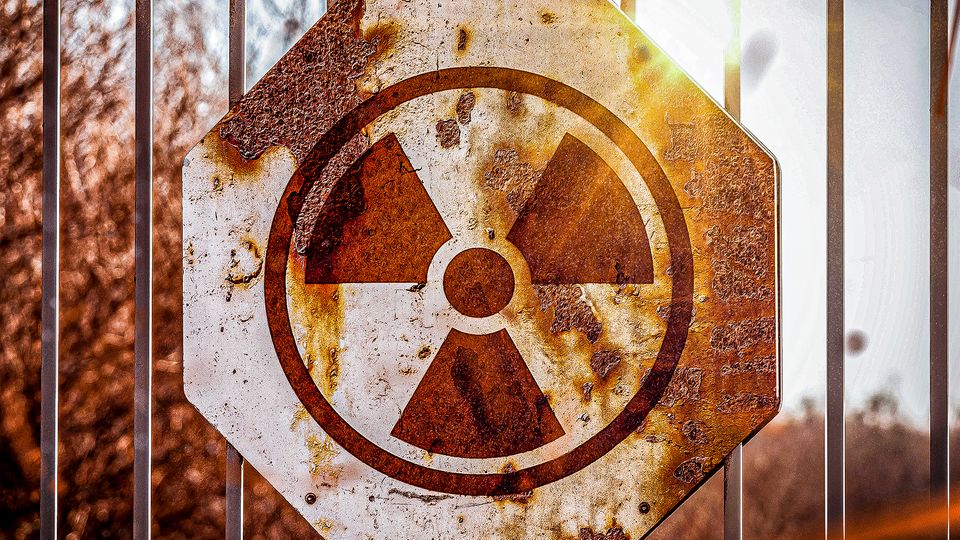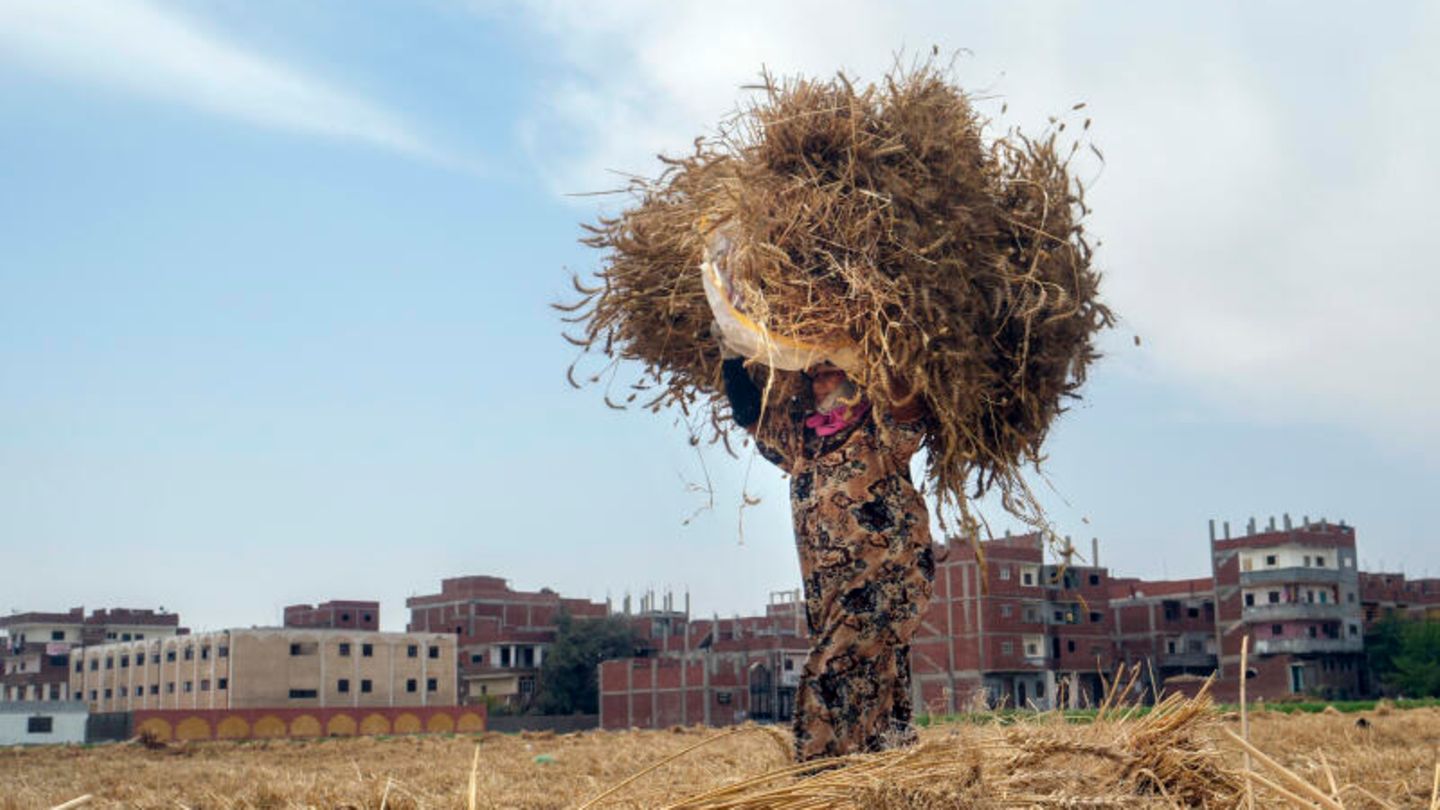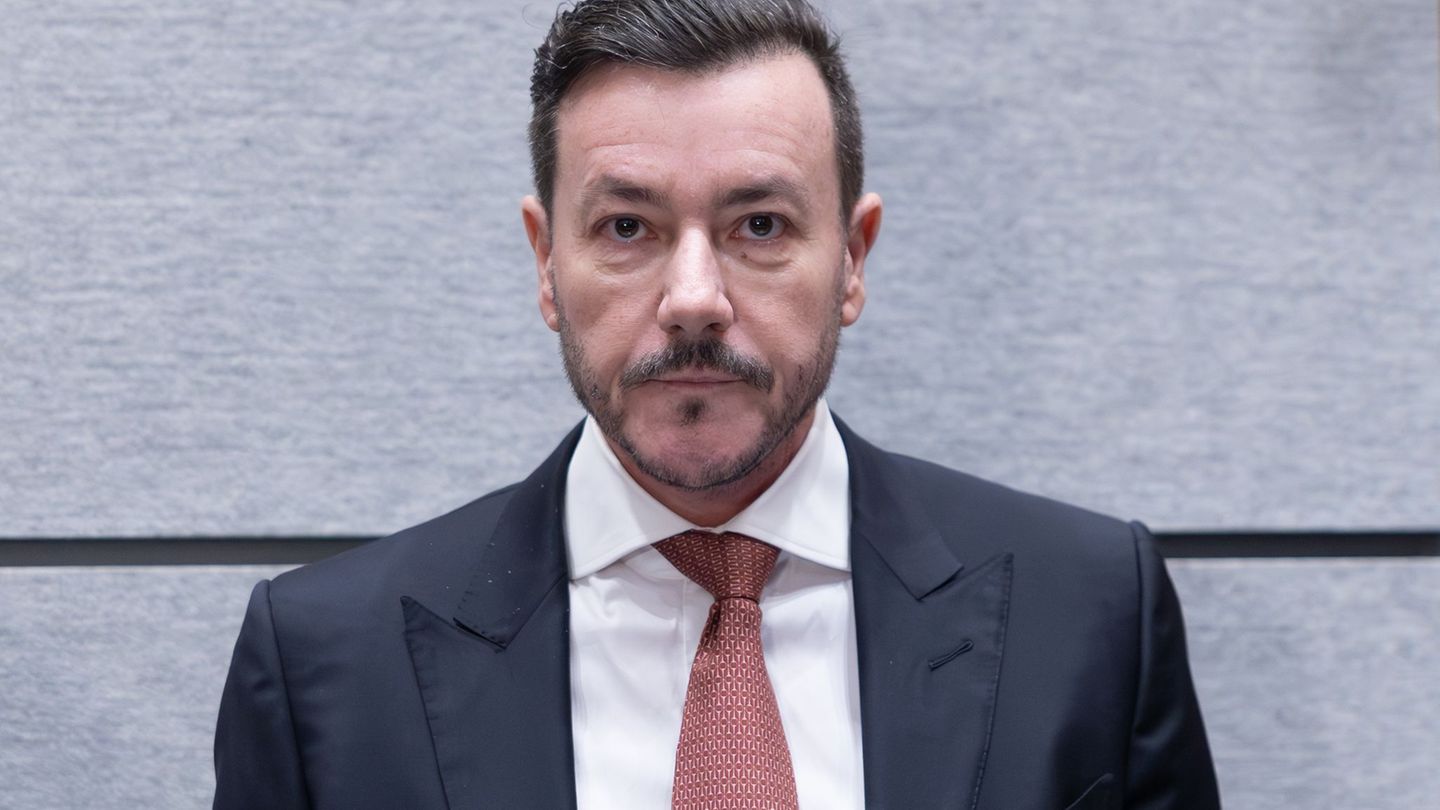Russia and Ukraine are considered the breadbaskets of the world. But now, far away from the war, famine is looming. The reason for this is an economic domino effect that is confronting the world with a humanitarian catastrophe.
A global hunger crisis is looming – if it isn’t already here. The Russian war of aggression in Ukraine poses massive supply bottlenecks, especially for grain, to numerous developing countries, especially in Africa. According to the Federal Statistical Office, import prices have reached a ten-year high.
World Bank President David Malpass warned the British BBC at the end of April of an impending “human catastrophe”. Food prices are expected to rise by 37 percent. Meanwhile, 800 million people are suffering from hunger, warns Welthungerhilfe’s deputy political chief Rafael Schneider in the “Neue Osnabrücker Zeitung”. The organization predicted this week that the already threatening situation will “drastically” worsen in the near future.
Russia and Ukraine are among the world’s largest exporters of wheat products, together covering almost a third of global demand. Before the war began, the United Nations World Food Program reports, much of the wheat grown in Ukraine – enough to feed 400 million people – was shipped via seven Black Sea ports. Meanwhile, 25 million tons of grain are piling up in the ports blocked by the Russian Navy. “Right now, Ukraine’s grain elevators are full. At the same time, 44 million people around the world are starving to death,” said Executive Director David Beasley. If the warehouses are not emptied soon, the storage capacities could not be sufficient in the next harvest season.

Image Credit: Picture Alliance/Michael Bihlmayer
dependence on Russia
In particular (but not only) the African continent, especially the north, is simply dependent on Russian and Ukrainian grain. According to the report, countries such as Egypt and Sudan will import more than three quarters of their wheat from the two parties to the conflict in 2020, and Somalia and Benin even 100 percent. By mid-April, around 20 million people in the Sahel and West Africa no longer had adequate access to food. Switching to in-house production is not a real alternative, especially since Russia is the largest exporter of fertilizers according to the UN.
This dependency also explains why nearly half of African nations have so far not spoken out against the Russian invasion (read the background here). For purely existential reasons, snubbing such an important trading partner on the international stage is out of the question for African buyers.
Not only in Africa are people suffering from hunger as a result of Russian aggression. The situation is also deteriorating rapidly in countries such as Syria, Yemen or Afghanistan, which were already on the verge of or in the midst of a humanitarian catastrophe before the war began.
Fearing that they will no longer be able to meet their own needs, some countries, such as Morocco, are restricting their food exports, reports the US think tank ““. This in turn drives up the market prices for certain products: According to media reports, vegetable oil became more expensive at the beginning of the month because the Indonesian government issued an export ban on palm oil.
Globalized trade: a tender seed
While grain prices are exploding, the Kremlin is expecting a record harvest this year. “According to specialists – these are of course only preliminary estimates – the grain harvest could amount to 130 million tons, including 87 million tons of wheat,” Russian President Vladimir Putin said at a government meeting on Thursday.
In view of the blockade of Ukrainian wheat exports, the aggressor is making himself indispensable for world nutrition, despite massive sanctions. Federal Agriculture Minister Cem Özdemir told Deutschlandfunk that Putin is using hunger as a weapon. The shortage and the increase in prices are nothing more than a conscious war strategy.
The chain reactions that a war in Europe triggers for people thousands of kilometers away clearly show that the global grain market is a delicate plant. According to the Australian news network The Conversation, seven countries are responsible for more than 85 percent of global wheat exports. The market for corn is even more concentrated: Only four countries (USA, Argentina, Brazil and Ukraine) meet global demand. If an actor leaves, it is not only the lack of goods that is a problem, but also the longer transport routes for the alternative suppliers. This, in turn, drives up fuel costs – which have already skyrocketed due to sanctions against the Putin regime. In short: a domino effect.
An unjust crisis
Previous solutions seem half-baked. According to an action plan by the EU Commission, grain and relief supplies are to be brought to Ukraine via so-called solidarity tracks. This is likely to be difficult simply because Ukrainian railway tracks are not compatible with Western European ones and most goods have to be reloaded. In turn, there are not enough facilities for reloading.
In the end, the states that are most affected by the supply bottlenecks are often those that are least responsible for them. In any case, the corona pandemic has driven many developing countries to the brink of ruin. In order to cover their food needs, they now slide deep into a spiral of debt. “Up to 60 percent of the poorest countries are currently either in debt or at high risk of a debt crisis,” World Bank President David Malpass told the BBC.
In addition, the currencies of many developing countries have lost value as a result of the corona crisis – but the US dollar is currently very strong, ABC News quotes Martin Frick from the World Food Program as saying. Grain is now traded in dollars on international markets, making it all the more unaffordable for poorer countries. All in all, Frick’s bitter summary is: “I would say that we have not experienced such a serious humanitarian situation as the current one since the Second World War.”
Sources: “”; ; ; ; with material from the news agencies AFP and dpa
Source: Stern
David William is a talented author who has made a name for himself in the world of writing. He is a professional author who writes on a wide range of topics, from general interest to opinion news. David is currently working as a writer at 24 hours worlds where he brings his unique perspective and in-depth research to his articles, making them both informative and engaging.




